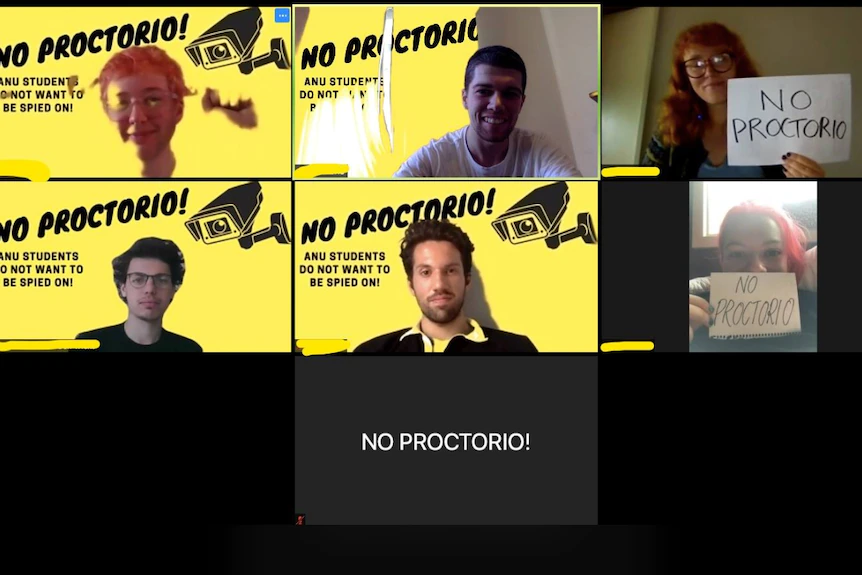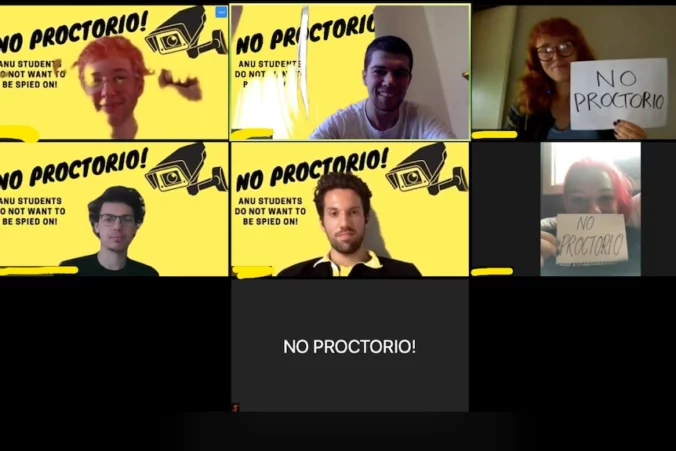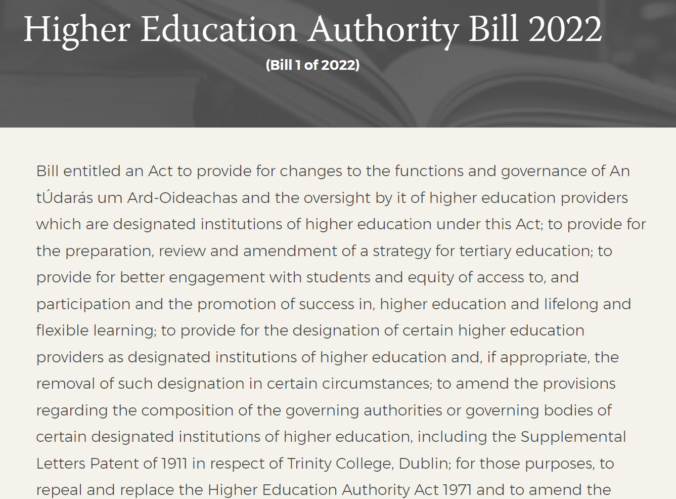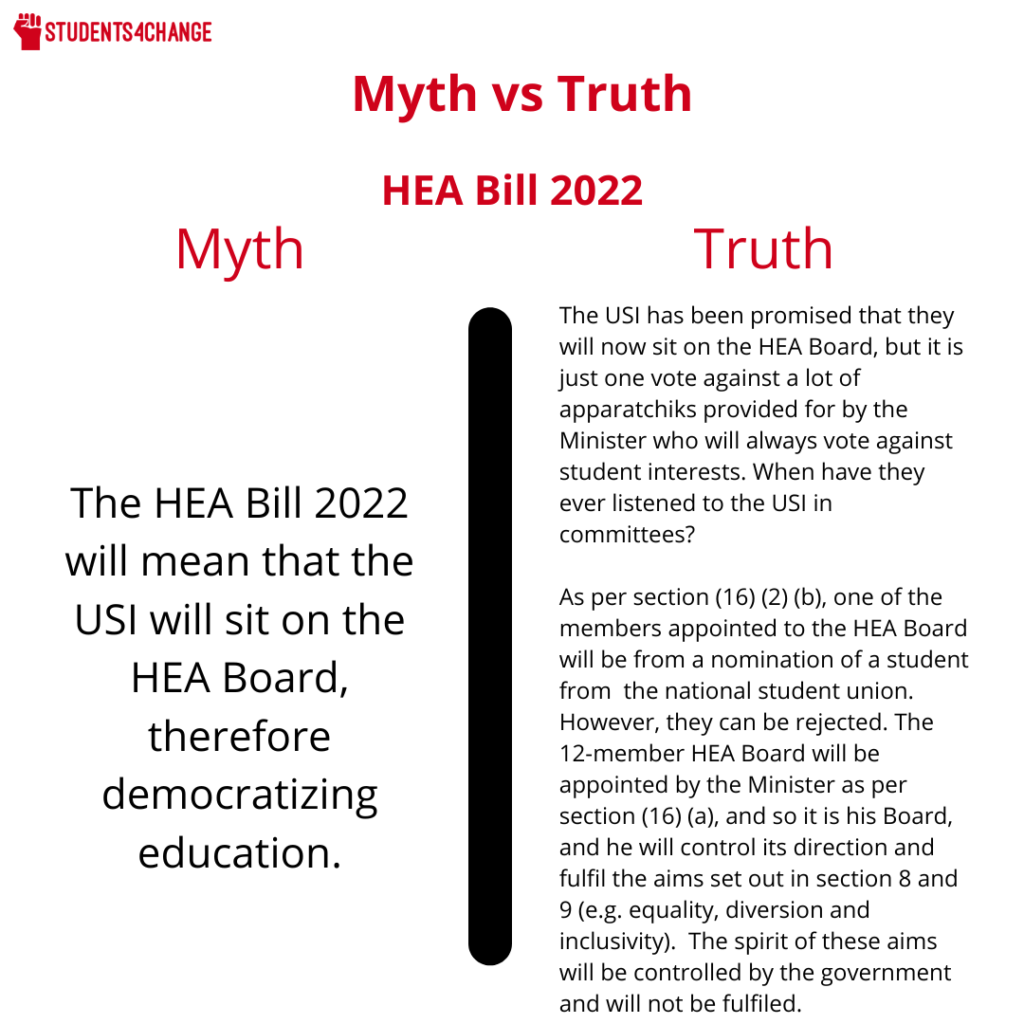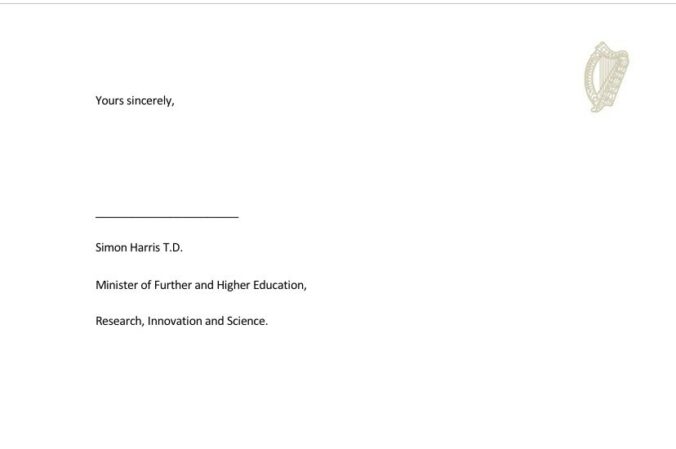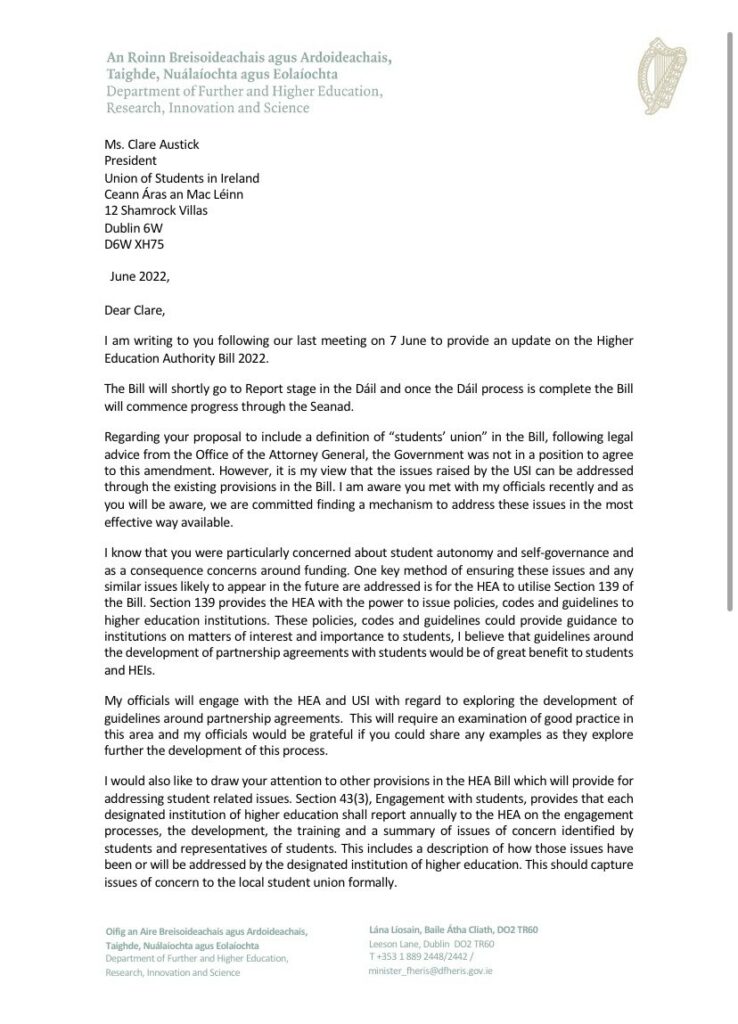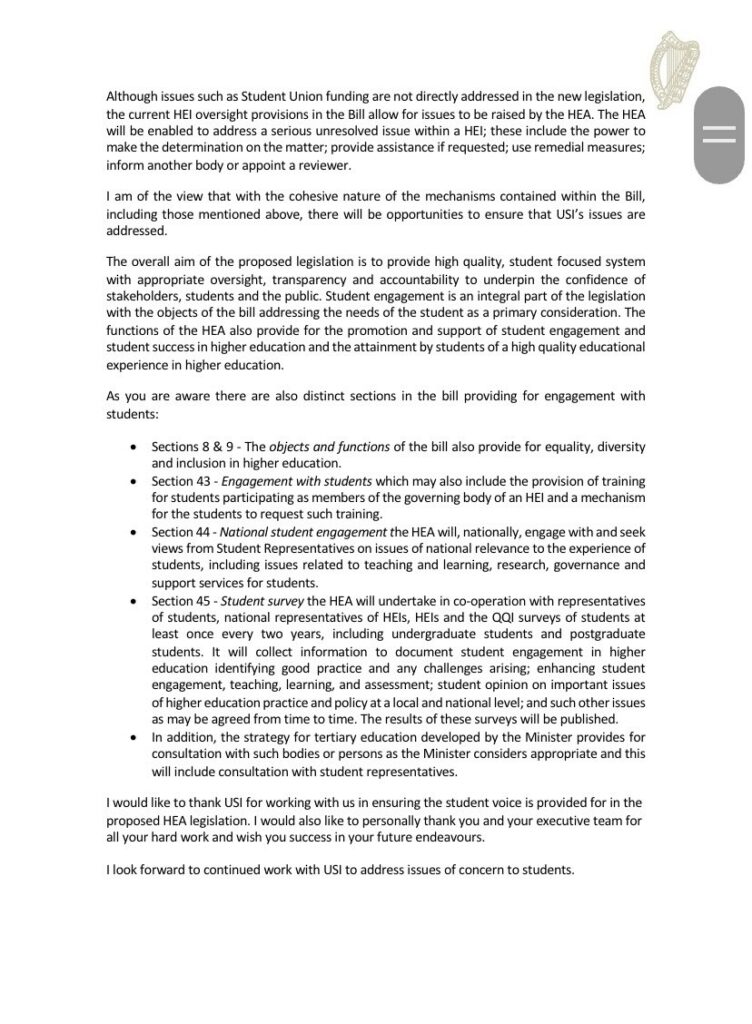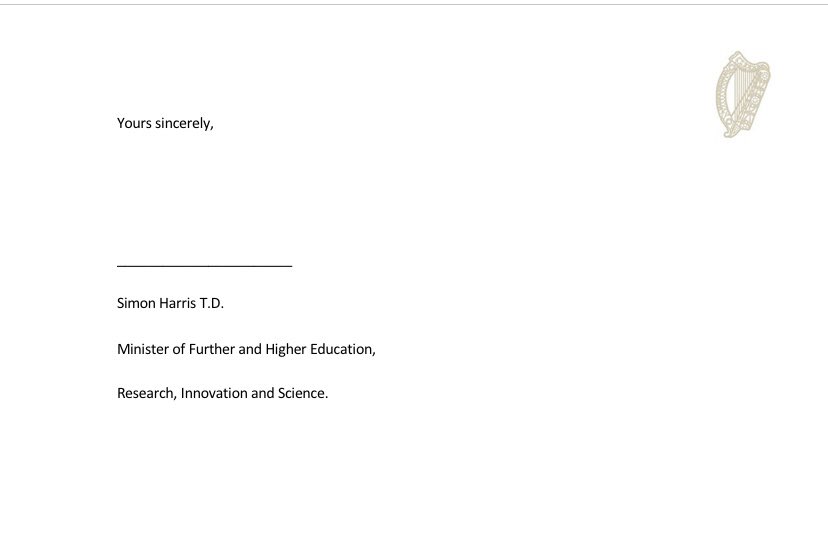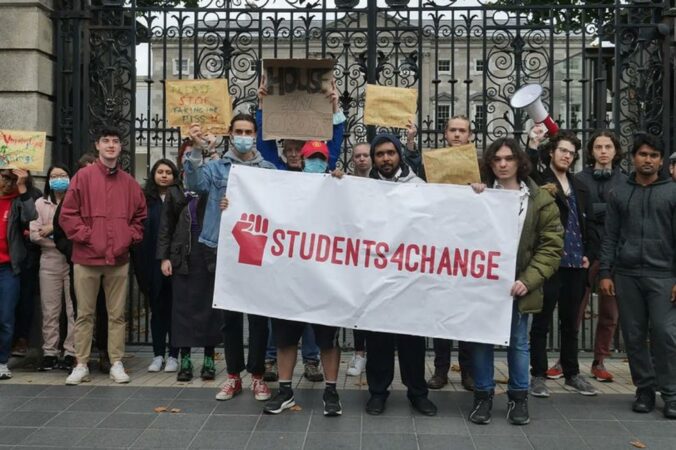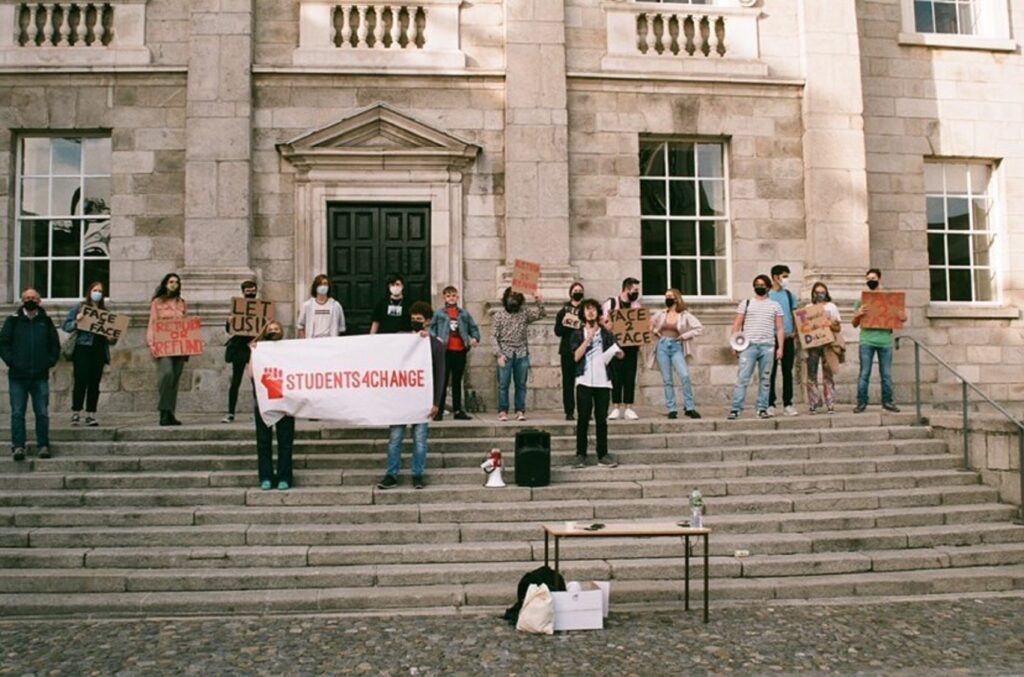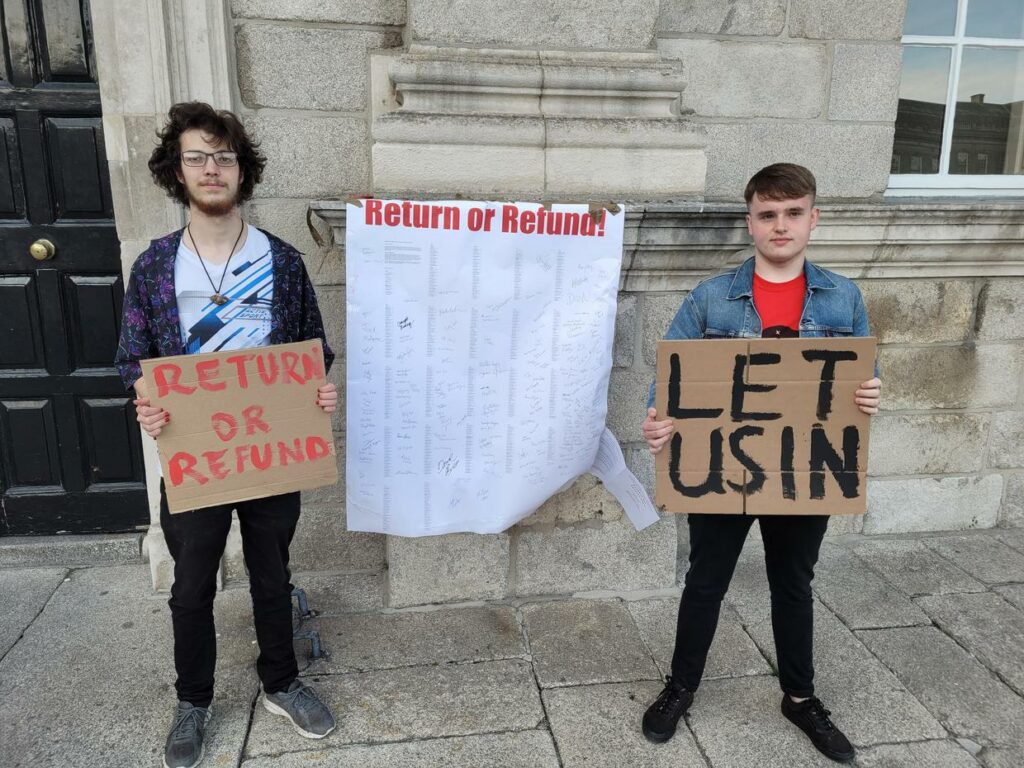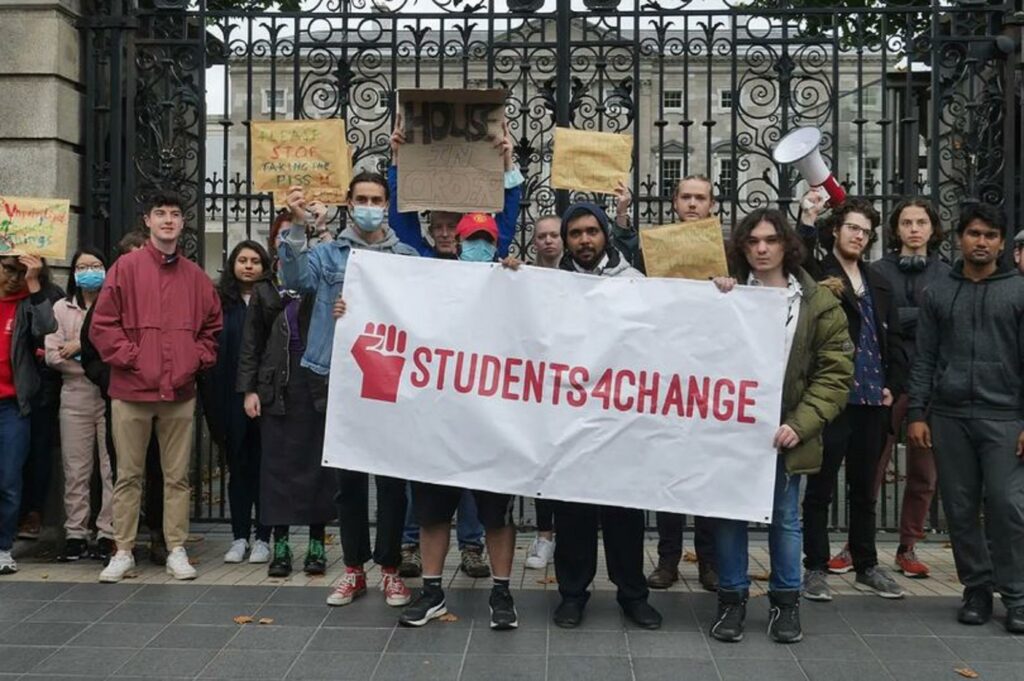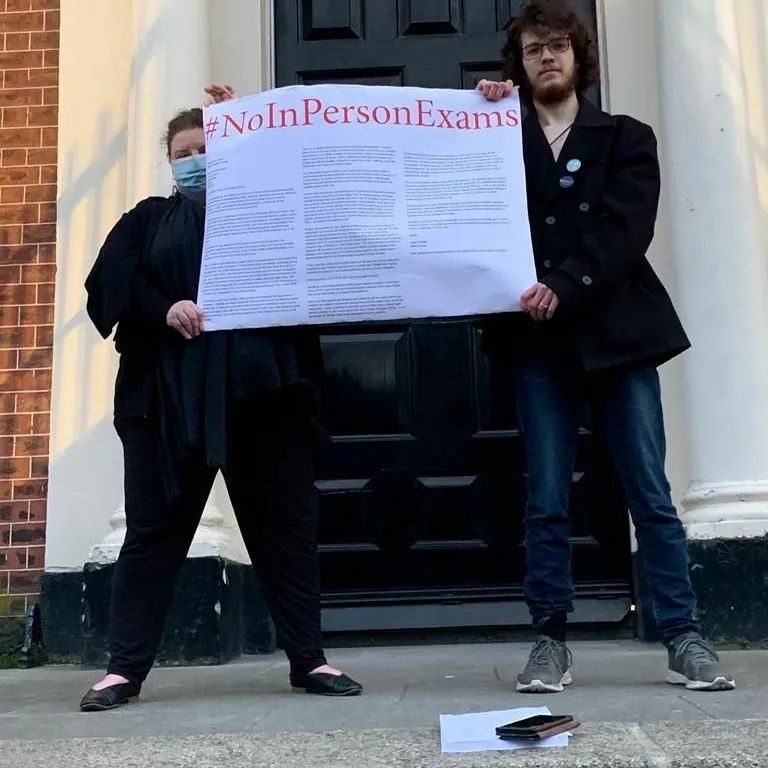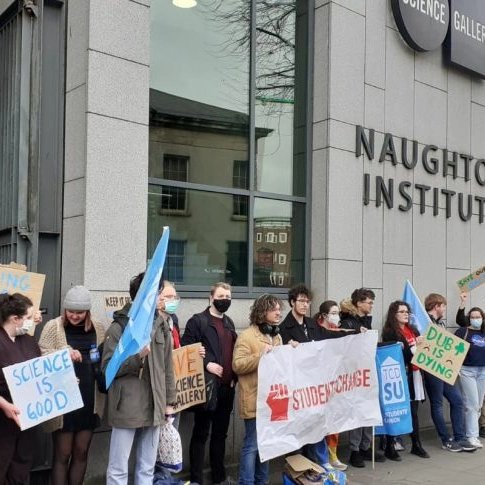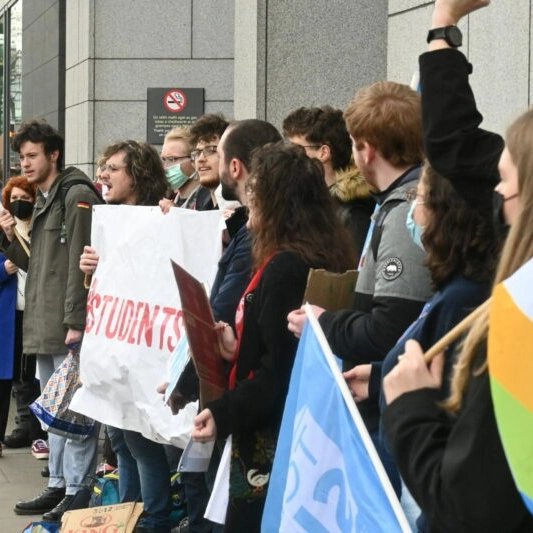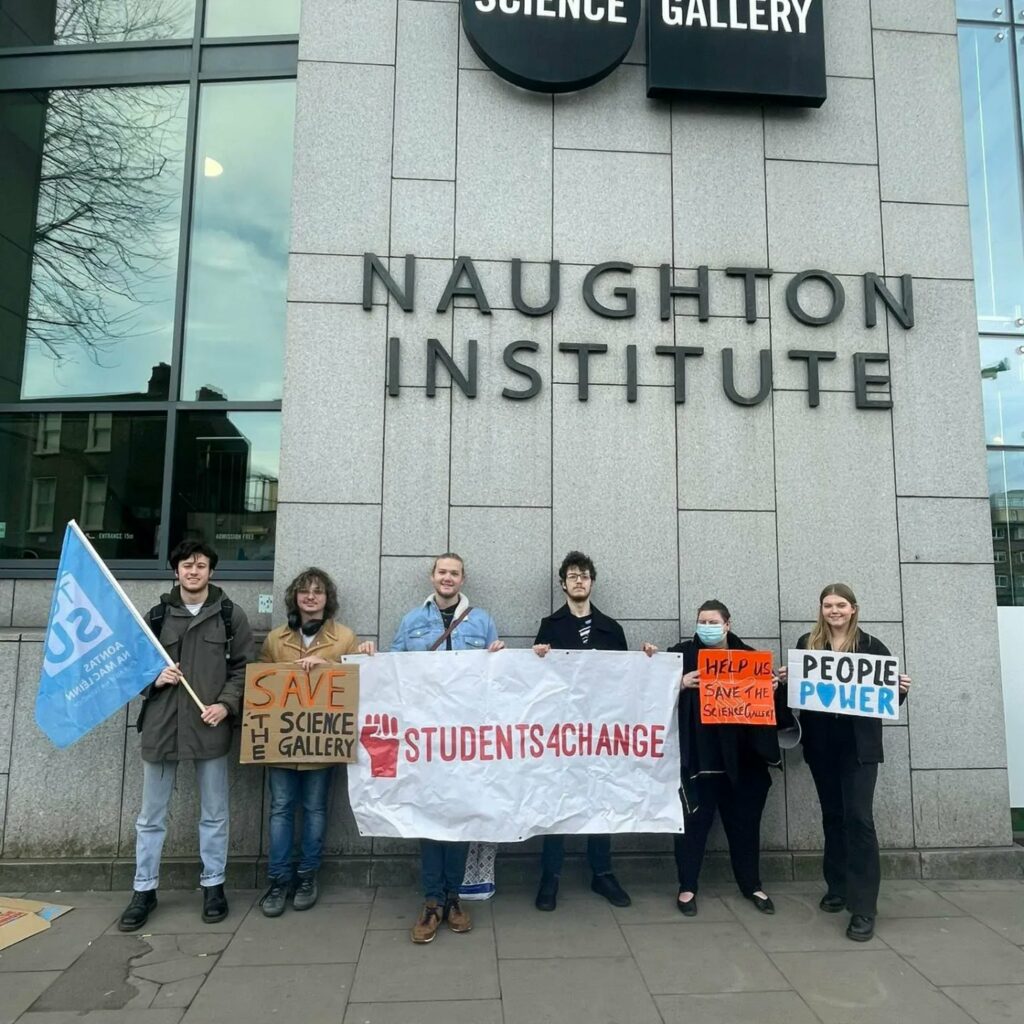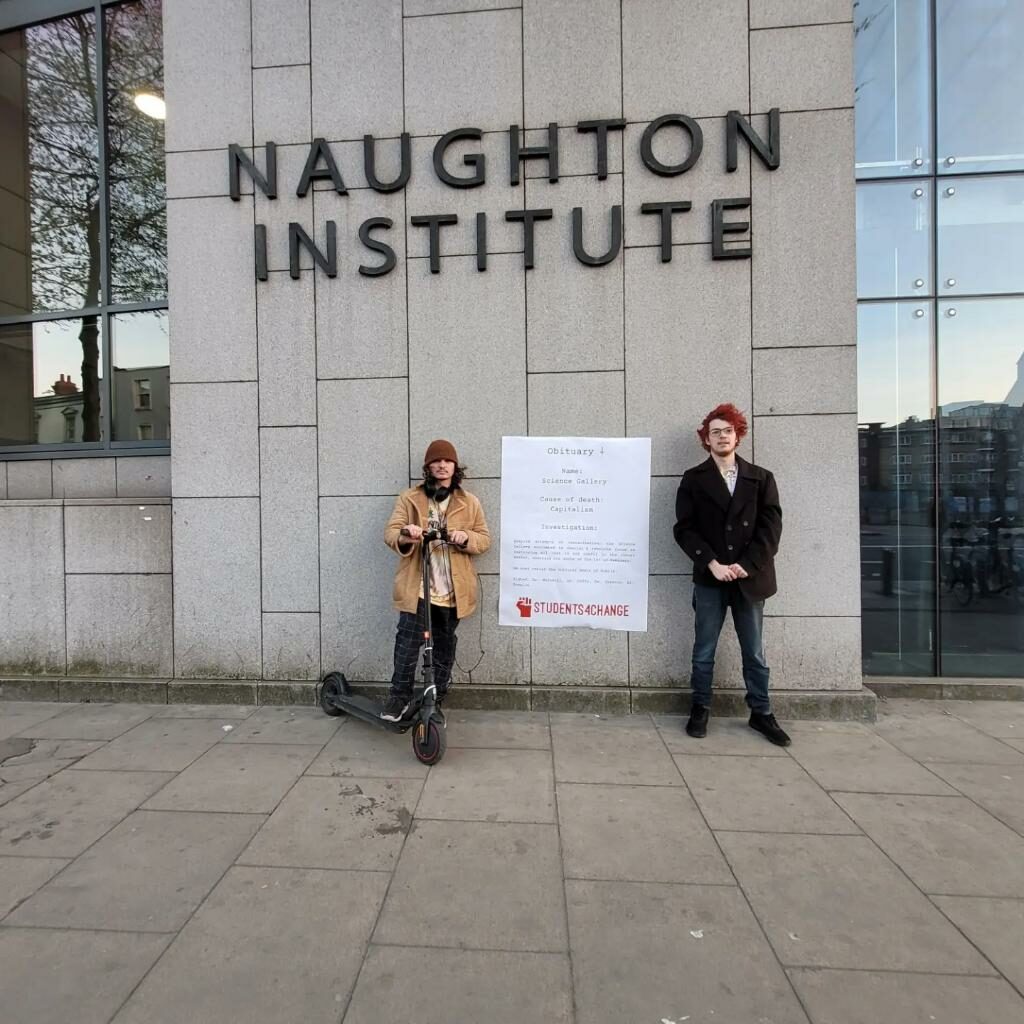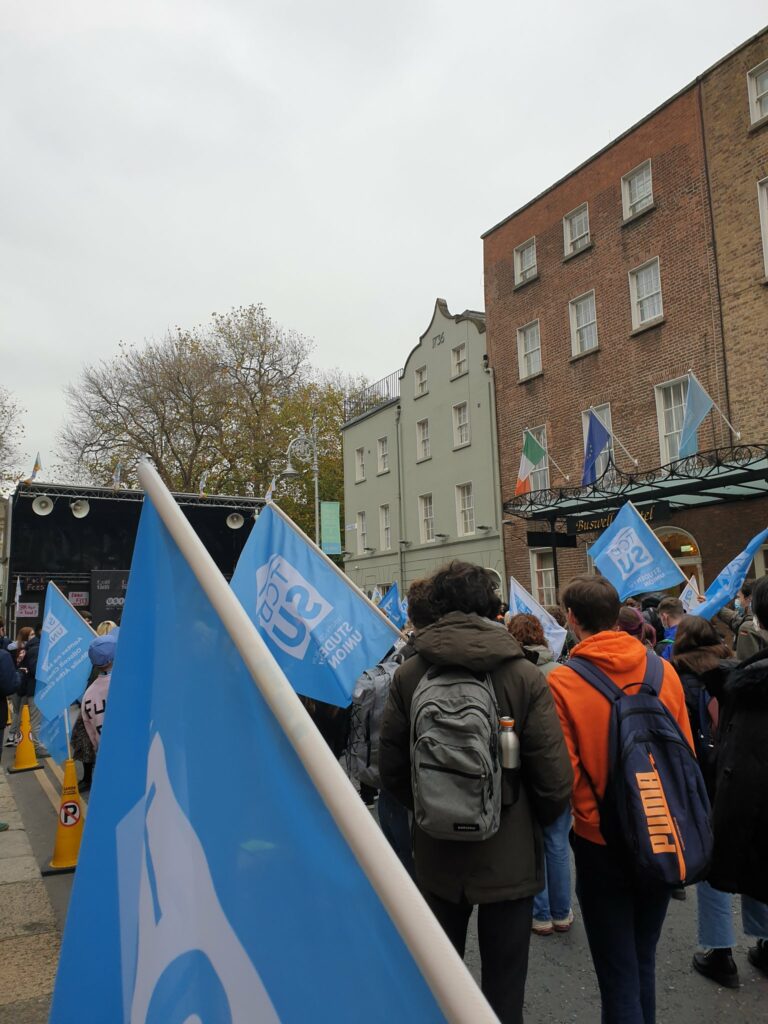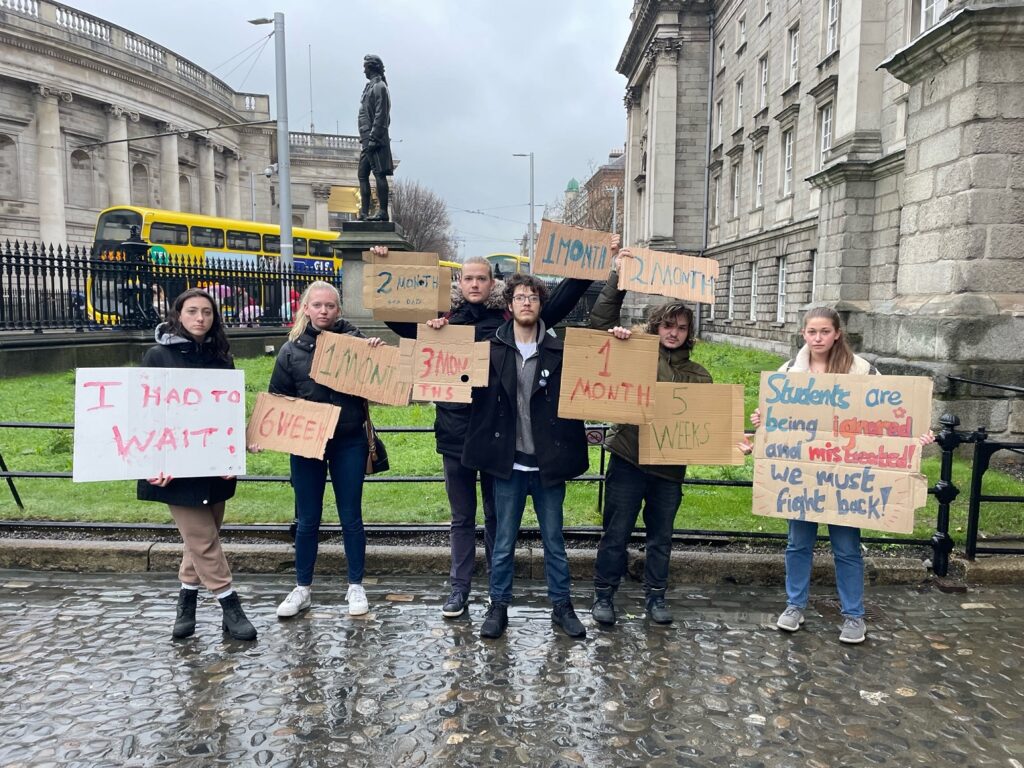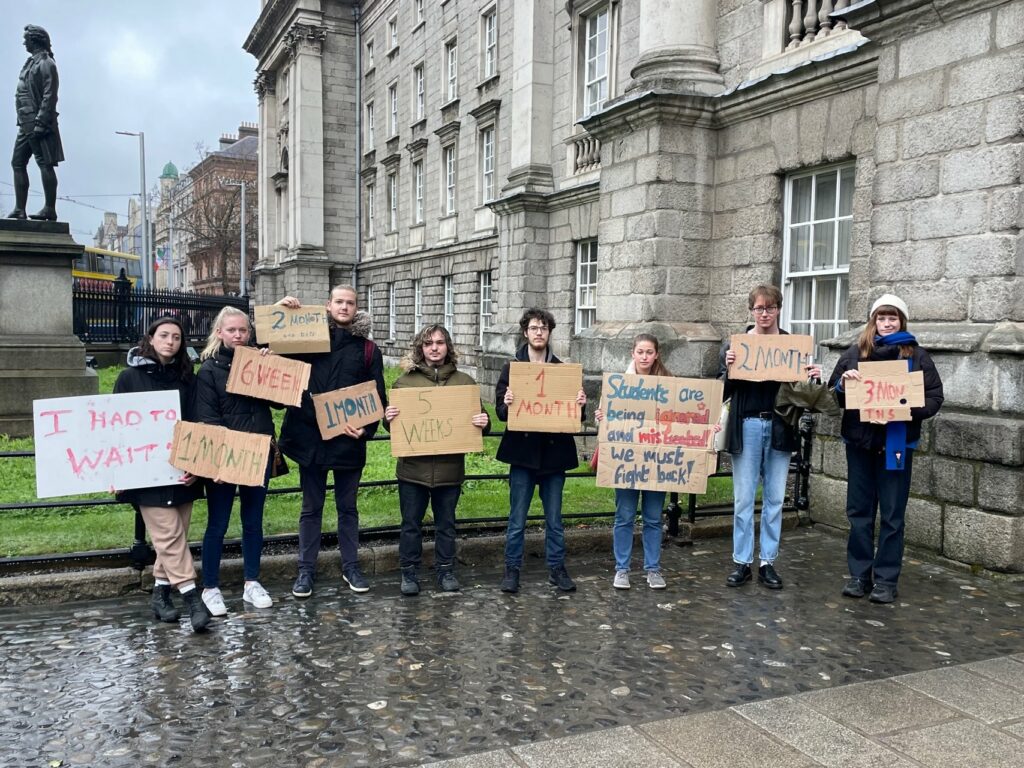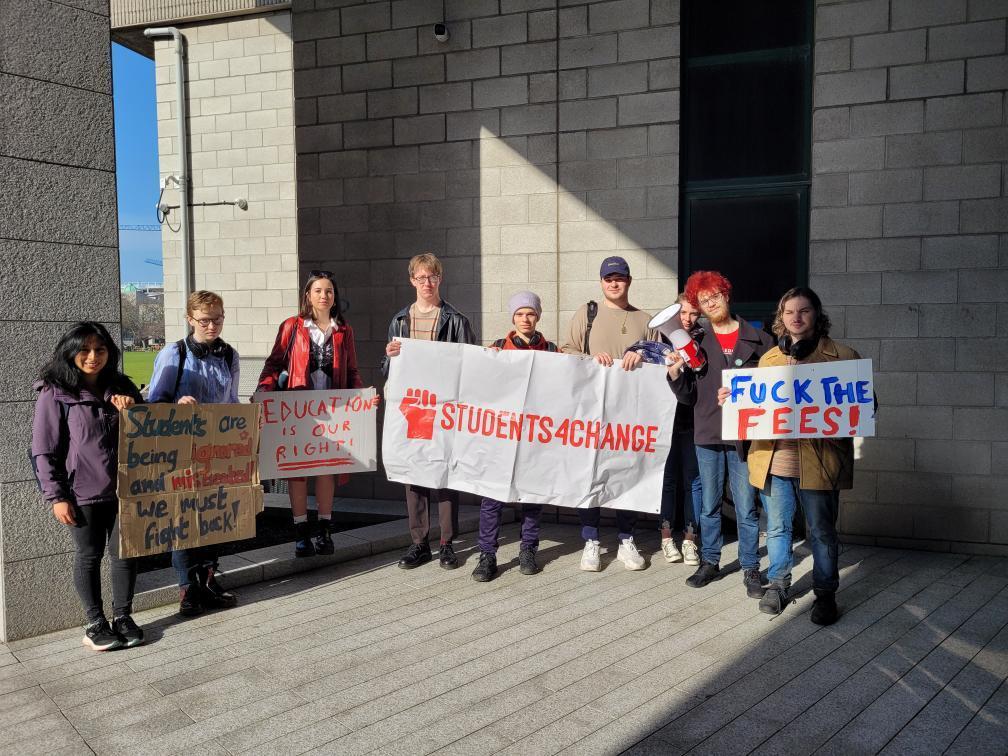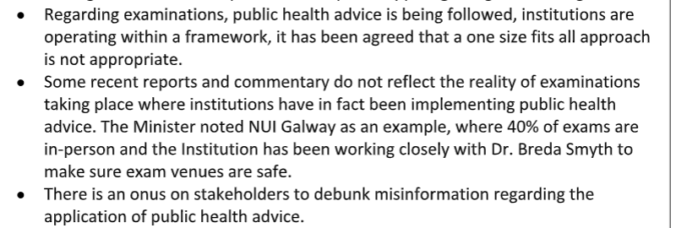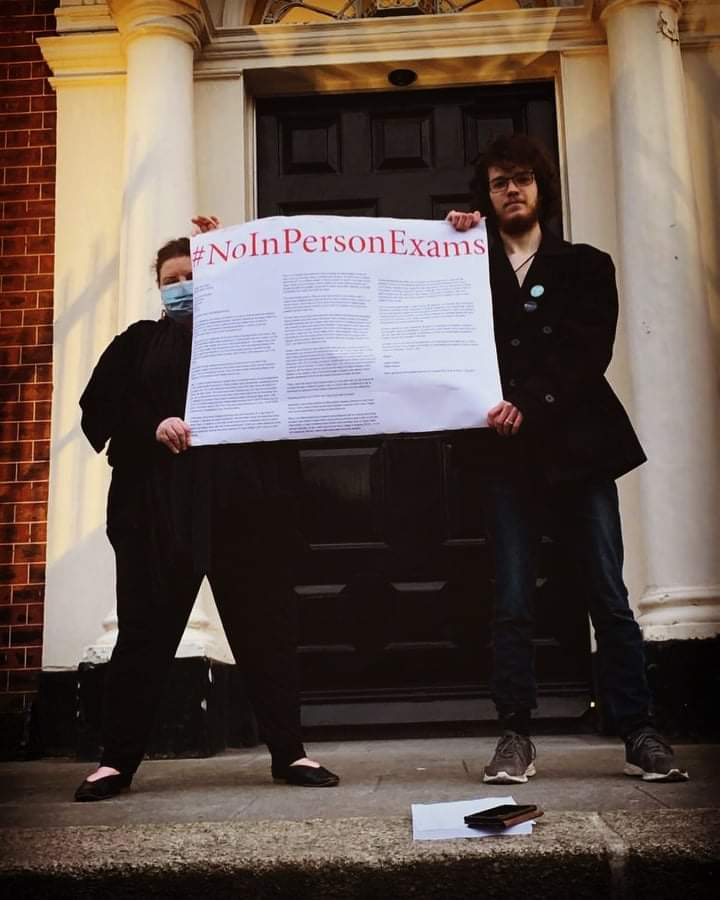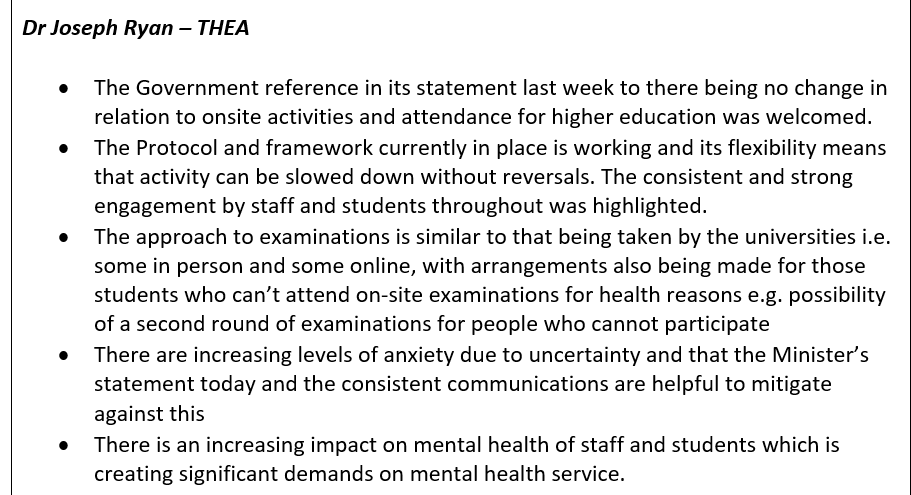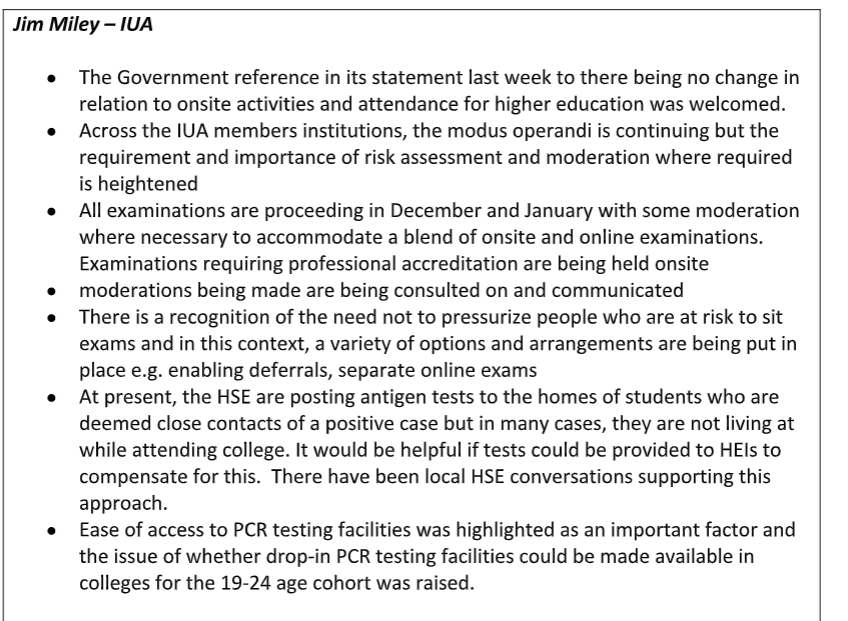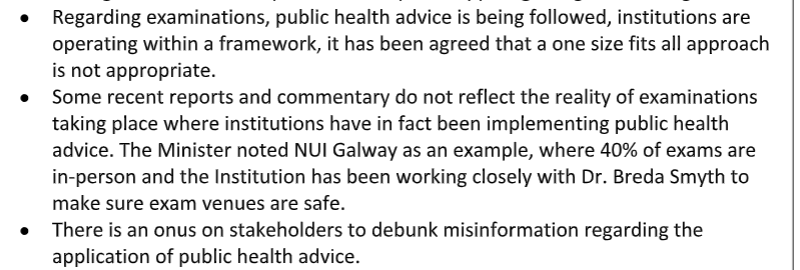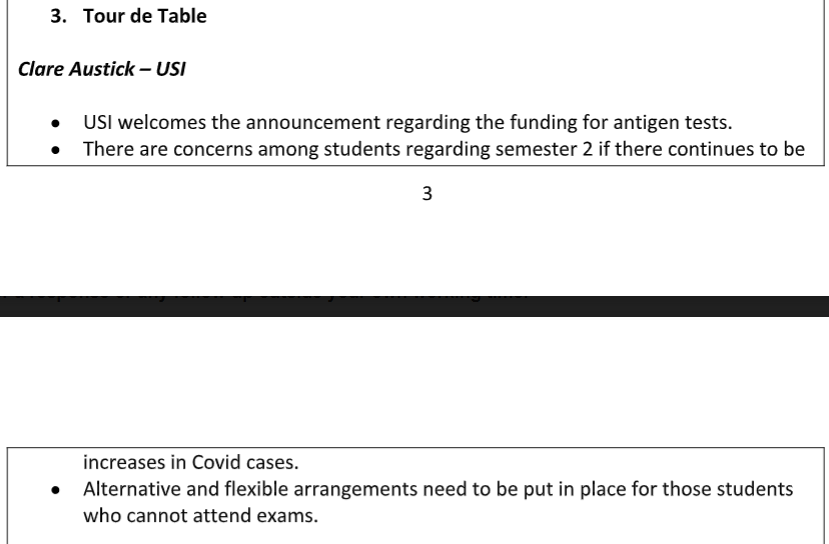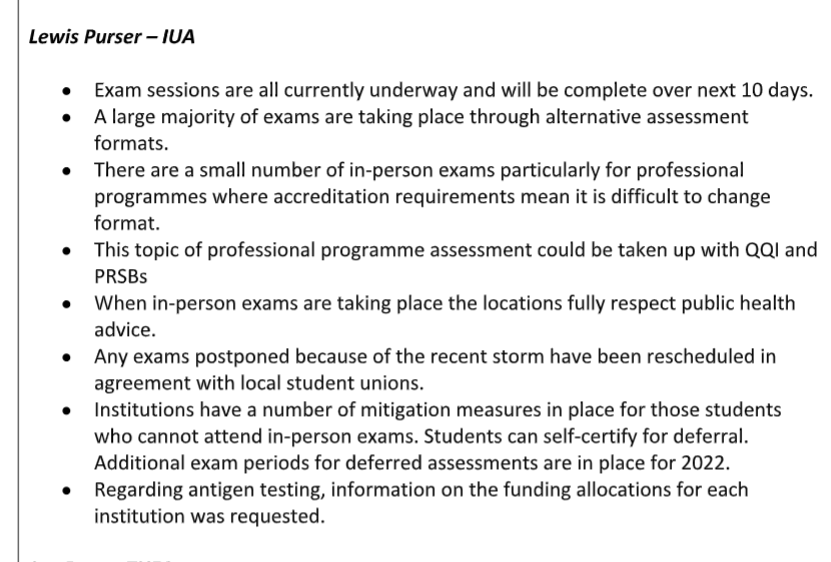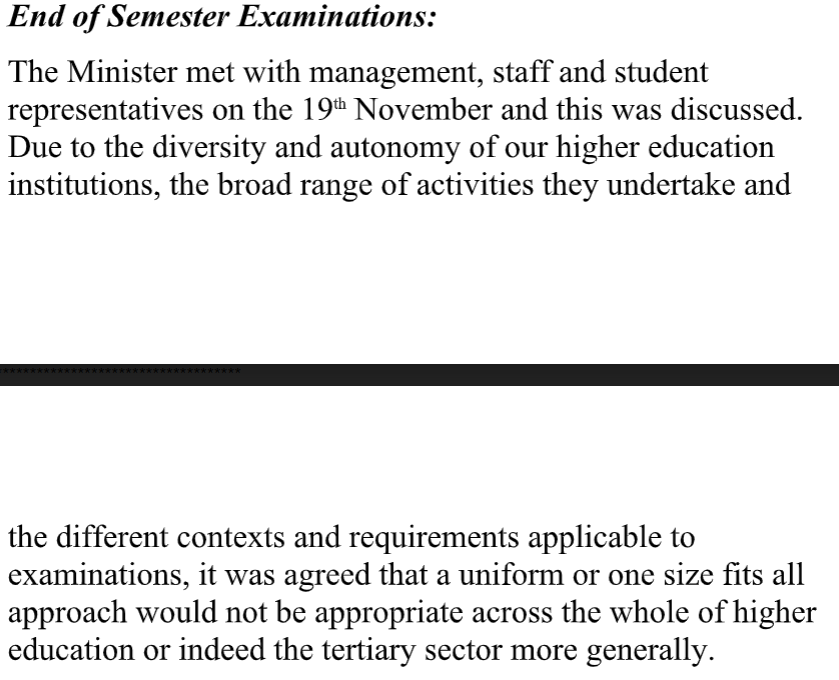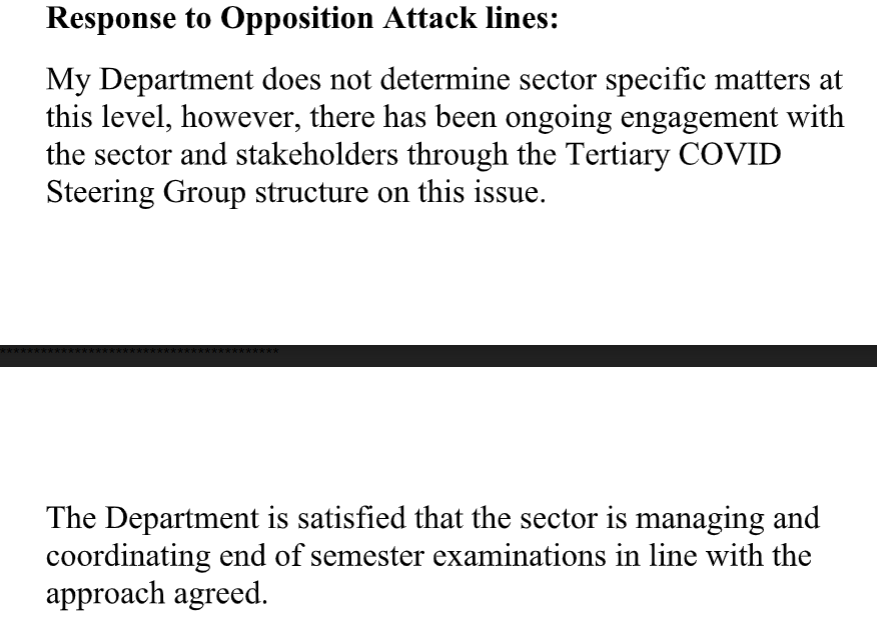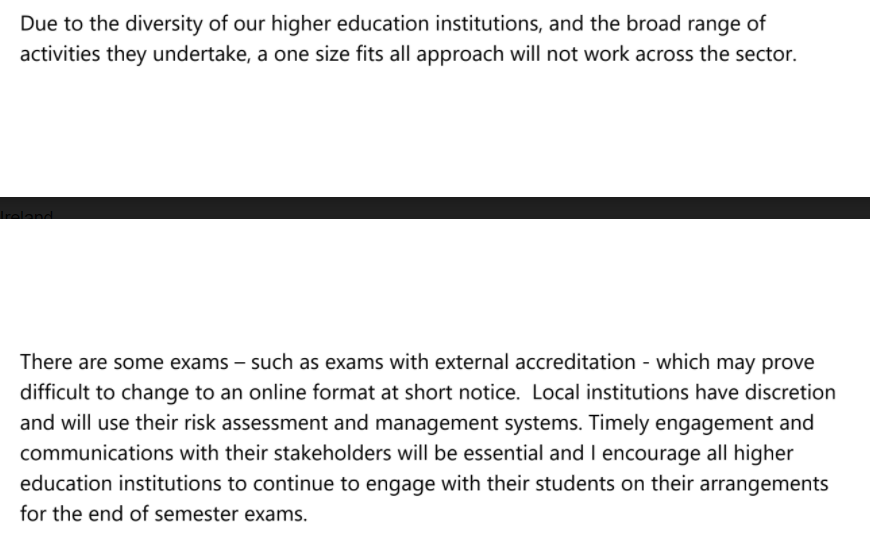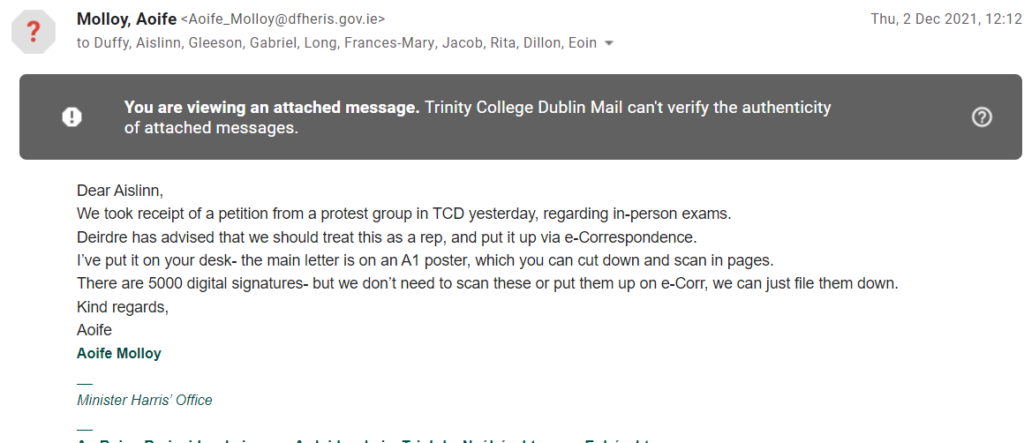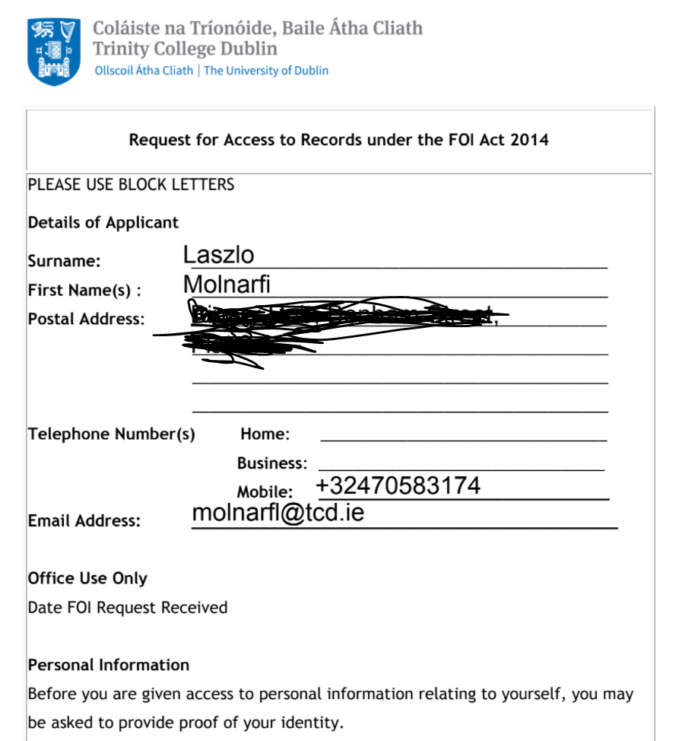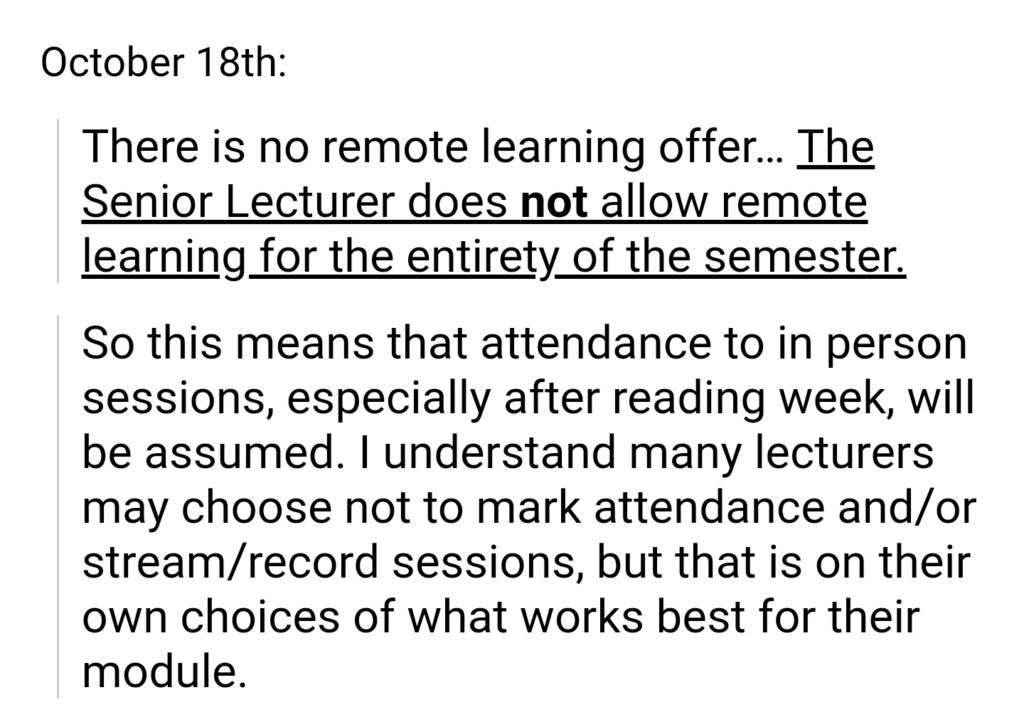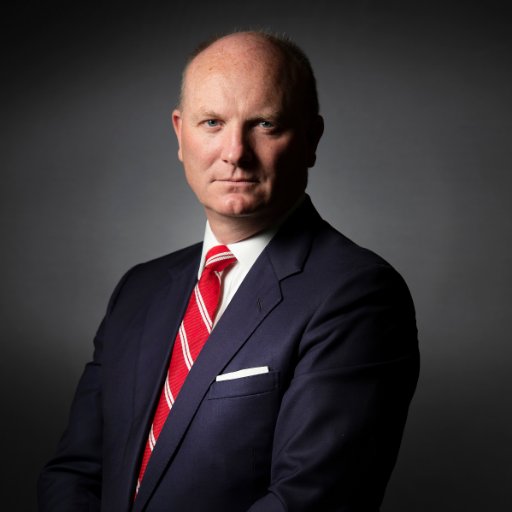Proctorio is an online proctoring software. The primary function of this software is to police academic performance by monitoring academic integrity during exams. This technology has raised considerable concerns amongst the third-level education community. The following slides outline the issues with this software and why instead of adopting this technology, our institutions should instead adopt open-book online take-home assessment formats with creative questions where cheating becomes impossible.

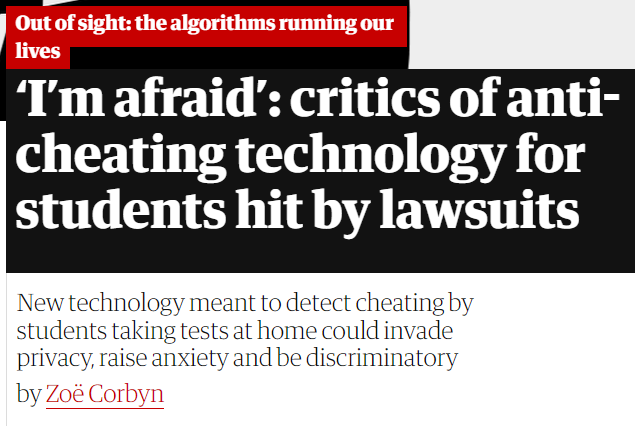
LAWSUITS
There are many students and staff who are apprehensive about using Proctorio, and those who have been publicly critical have at times been silenced by the company through frivolous lawsuits.
Across the world, students, staff and institutions have decided against Proctorio due to how problematic it is.
We should not associate with such a company that so viciously persecutes any and all opponents, contrary to public debate and freedom of expression that we hold so dear as an academic community.
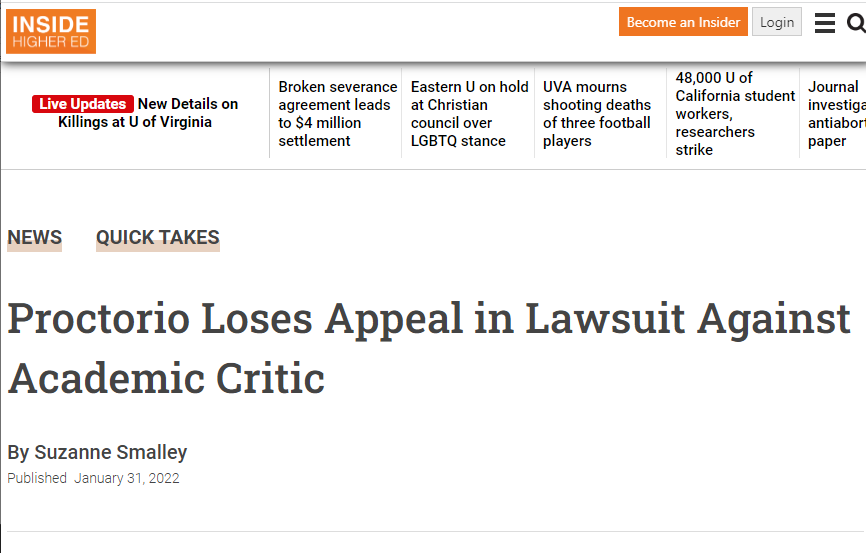
WHAT DOES THIS HAVE TO DO WITH ME?
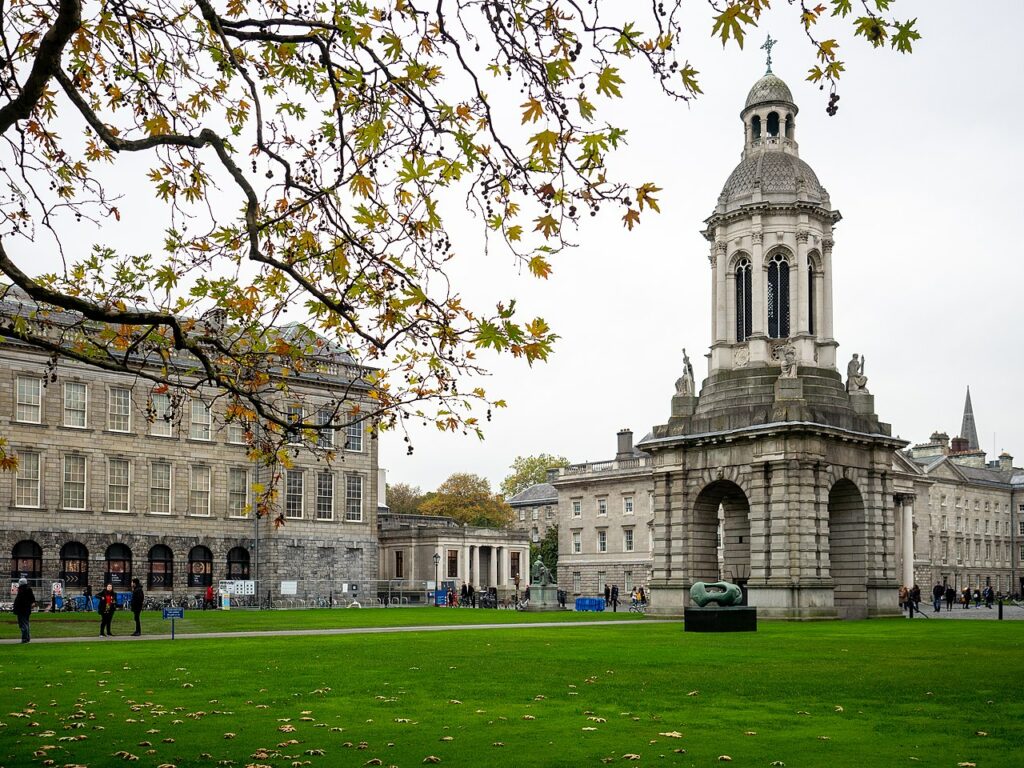
There are serious concerns about welfare, privacy, accessibility and bias that may result from the Proctorio-required recordings, including recordings of a student’s home environment, image, audio, and computer screen while they are taking the exam.
Discriminating factors we have identified with Proctorio include economical, gender, culture, race and disability issues as follows.
Trinity College Dublin has adopted this technology for the School of Medicine in 2020 in a trial period. There are now whispers that they would want to adopt it for the whole of College. This must be met with the utmost opposition.
USABILITY AND RACISM
Proctorio has been noted for its inaccuracy and general unreliability. At Trinity College Dublin, when it was trialed in the School of Medicine in 2020, a report noted that “somebody opens another window, opens another file, if somebody else comes into the line of that camera, if there’s a voice in the room, it’ll give you all these signals”.
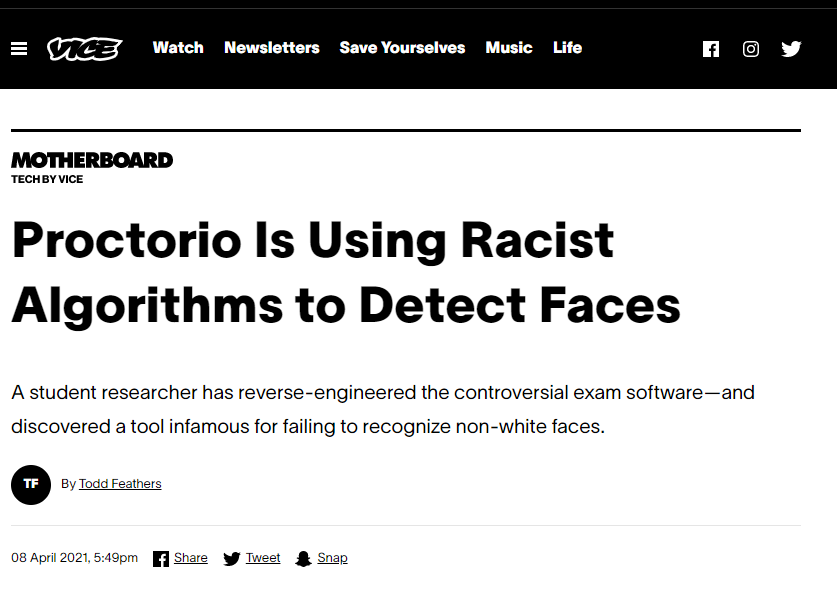
Furthermore, as all AI algorithms, it is biased against certain skin colors. It has been reported that it struggles to recognize people of colour. Undoubtedly, this is an equality issue.
As a result, some universities have banned Proctorio, like the University of California, Berkeley, after student complaints saying they may not have the high-speed internet connection or living situation to make remote exams happen effectively and equitably.
PRIVACY
The scanning of a student’s room and the collecting of information about a student’s home environment as a breach of privacy. Every student has the right not to invite examiners in their homes and their life outside of the classroom.
Students become vulnerable by showing their homes to unconscious or conscious bias and future discrimination, bullying or even harassment.
An examiner viewing a student’s personal living space and living condition, decorations/posters, and potential iconography is unacceptable. It opens up discrimination of a student’s socio-economic situation, living environment, gender and political orientation, race, culture, and religious orientation.

A student said, in the report from Trinity’s trial period in the School of Medicine, “I felt a bit embarrassed showing my room during proctorio settings, as it is very small compared to the houses/apartments of others”, indicating the discomfort felt by students while taking exams under Proctorio.
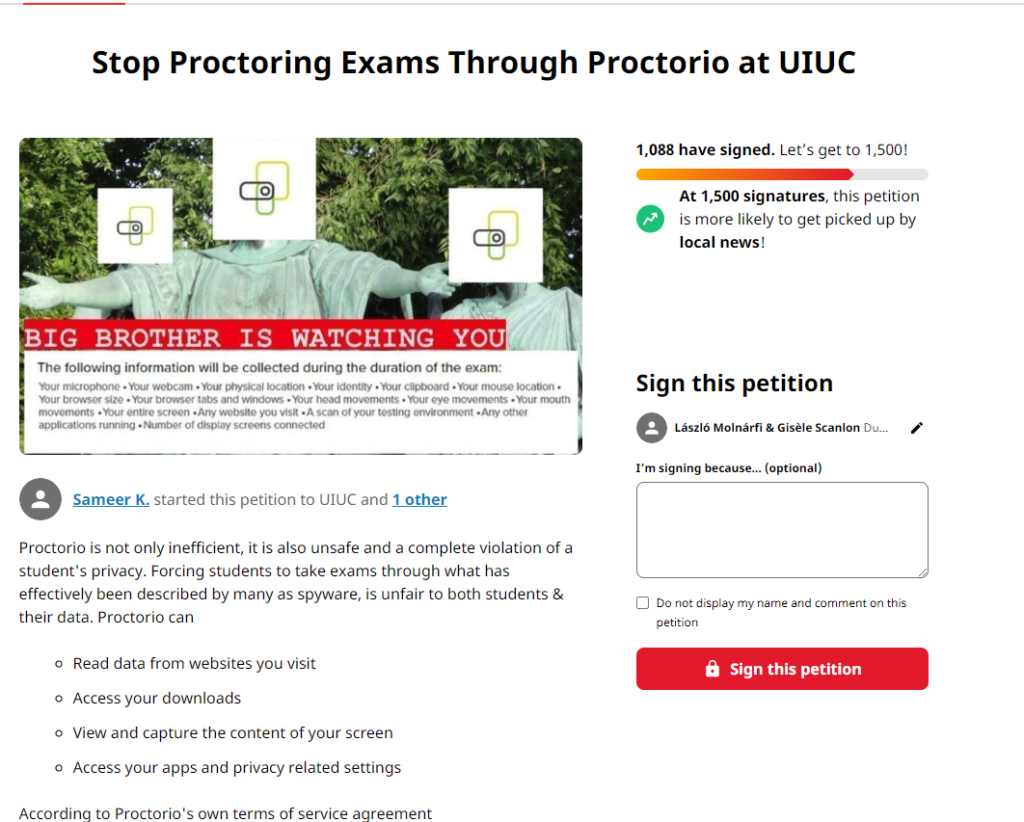
WELFARE
Being monitored and taking a real-time exam during a cost of living crisis and the aftershock of a pandemic will feed into the extraordinary stress students have been under since 2020. The additional stress can result in worsened mental health. Besides, the stress and discomfort arising from being monitored will affect the students’ performances.
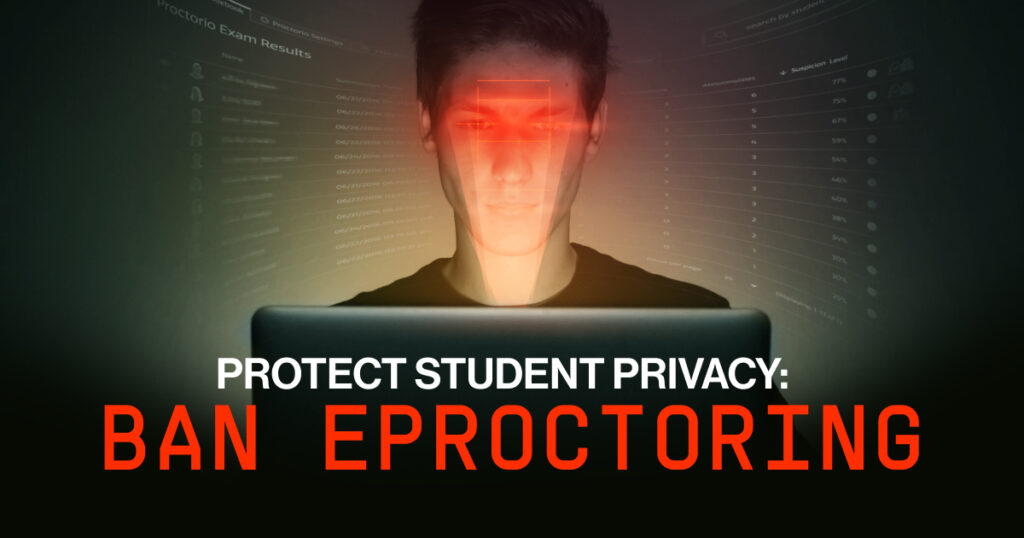
HOUSING AND CHILDCARE
Proctorio discriminates against living conditions. For example, there are shared rooms that are cheaper where students can take their exams without being disturbed and can concentrate, but if there are multiple people in the room even moving, Proctorio will flag it as cheating . Students might live in accommodations that are loud because of many reasons from nearby constructions or motorway to crowded apartments, also activating the system.
Acquiring the right infrastructure, including affording a private room, a computer, web-camera and microphone and stable internet at home is stressful and expensive.
Finally, students with caring duties might find it difficult to find someone to take care of their children while they are sitting an exam or making clear that they are under no circumstance be disturbed which induces anxiety. This affects both student parents, mature students, young and old and also those who have other family commitments to care for a loved one.
COST
It would cost Trinity College Dublin around € 0.3 million to implement Proctorio across the 24 Schools, which could surely be better spent on infrastructure, welfare supports and extra amenities for students and staff.
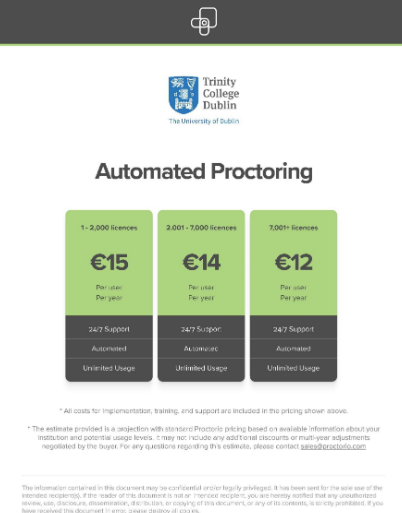
OPPOSE PROCTORIO
To sum up, the use of online proctoring software such as Proctorio violates student privacy, equality and accessibility and creates unnecessary barriers to exam-taking.
